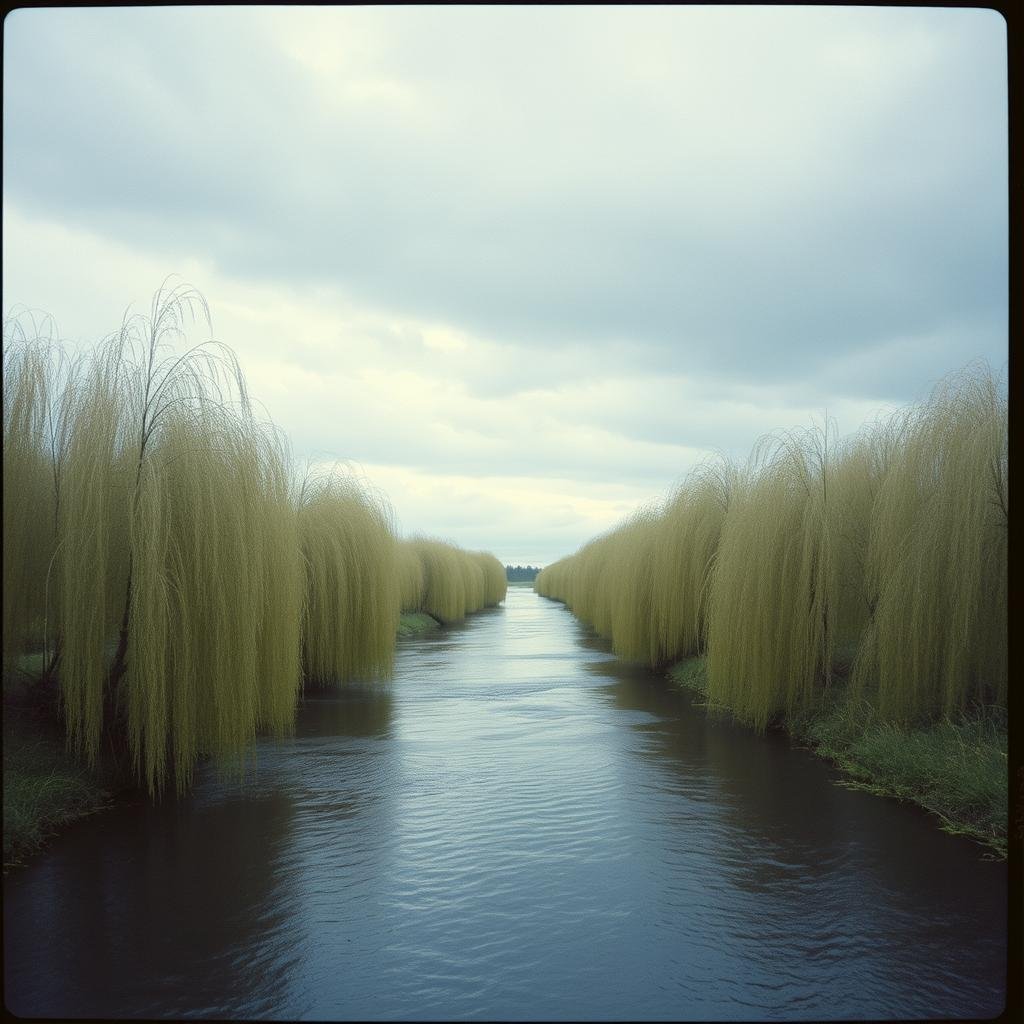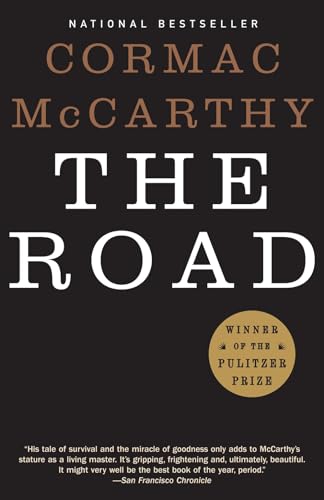Peace like a river
Peace like a river, song and lyrics
[Verse]
I walked where the willows weep
Their roots tangled in secrets deep
The sky wore a veil of grey
[Prechorus]
But the water whispered low
Told me things I need to know
[Chorus]
Peace like a river
It runs through me
Winding
Bending
Wild and free
Peace like a river
It’s all I need
[Verse 2]
I saw shadows dance on stone
Carried burdens not my own
The earth sang a quiet tune
[Prechorus]
And the river called my name
Said we’re different but the same
[Chorus]
Peace like a river
It runs through me
Winding
Bending
Wild and free
Peace like a river
It’s all I need

🌿 Peace Like a River by Leif Enger
A Deep Dive into Faith, Family, and the American Mythos
A long-form blog on Peace Like a River by Leif Enger, exploring the author, the novel, and offering guidance on how to read and understand this richly poetic and spiritual work.
📚 Introduction
Leif Enger’s Peace Like a River (2001) is one of those rare modern novels that feels like it’s been with us forever—a classic in its moral clarity, lyricism, and deep spiritual resonance. It tells the story of the Land family’s journey across the American Midwest in the 1960s, blending the realism of prairie life with a subtle, pervasive sense of the miraculous.
More than just a family drama, Peace Like a River is a meditation on faith, justice, loyalty, and storytelling itself. In this blog, we’ll explore the author behind the book, what makes the novel so special, and how to approach it as a reader.
🖋️ About the Author: Leif Enger
Leif Enger was born in 1961 in Minnesota, and spent much of his career as a reporter and producer for Minnesota Public Radio. Before his debut novel, he also co-wrote mystery novels under a pseudonym with his brother. But it was Peace Like a River that brought him international recognition and established him as a literary voice of depth and grace.
Enger’s background in storytelling—especially his appreciation for rhythm and voice in spoken word—shines through in his writing. His prose is at once accessible and poetic, suffused with a quiet sense of wonder and moral seriousness. He has since published two other novels, So Brave, Young, and Handsome (2008) and Virgil Wander (2018), both of which continue his exploration of American identity and personal redemption.
But Peace Like a River remains his most beloved work—a debut that reads like a long-lost classic.
🪶 Overview of the Novel
Plot Summary
The story is told through the eyes of Reuben Land, an 11-year-old boy who suffers from severe asthma. He lives with his older brother Davy, younger sister Swede (a budding poet and firebrand), and their father Jeremiah, a janitor with a saintly air and possibly miraculous powers. When Davy kills two intruders in their home and flees, the family embarks on a cross-country quest to find him.
As they travel from Minnesota to the Badlands of North Dakota, the story becomes a kind of modern American odyssey, infused with biblical echoes and Wild West imagery.
Structure
The novel is told in first-person retrospective, with adult Reuben reflecting back on this pivotal period in his childhood. The narrative is linear, but filled with flashbacks and poetic asides, many of which are Swede’s rhymed epics or Reuben’s ruminations on faith and justice.
🔍 Themes & Symbolism
- Faith and Miracles
Jeremiah Land is a man of unshakable faith, and the novel invites the reader to interpret his actions and presence as near-divine. From walking on air to healing Reuben’s lungs, his quiet miracles are never announced with fanfare, but rather suggested as glimpses of something larger. - Justice and Moral Complexity
Davy’s act of violence is the central moral dilemma of the novel. Was it self-defense or murder? Should family loyalty override the rule of law? The novel offers no easy answers, but instead deepens the reader’s understanding of the complexity of justice. - Storytelling and Myth-Making
Swede’s rhyming epics about cowboys and outlaws mirror the real-life drama unfolding around the Land family. These interludes not only enrich the story’s Western flavor, but also explore how we make sense of our lives through narrative. - The American Landscape
Enger paints the Midwest and Badlands with vivid, loving detail. The novel reflects on the harsh beauty of the land and how it shapes the people who inhabit it. The physical journey mirrors the inner transformations of each character. - The Family Bond
At its heart, Peace Like a River is about the power of family—how far we’ll go for one another, and what we’re willing to sacrifice. The Land family is deeply united, even as they wrestle with tragedy and loss.
🧠 How to Read and Understand Peace Like a River
Reading Peace Like a River is less about plot and more about spirit. Here’s how to approach it for the richest experience:
1. Slow Down and Savor the Language
Enger’s prose is lyrical and precise. The narrative voice is intimate and thoughtful, with a cadence that often resembles oral storytelling. Take your time with the sentences. This is a novel that rewards rereading.
“We all of us breathed, and it was God who made it so.“
2. Consider the Unseen
Miracles in the novel are understated and open to interpretation. Ask yourself: Is this magical realism, or are these literal miracles? The ambiguity is intentional. What matters most is what Reuben believes—and what you, as the reader, are willing to believe.
3. Track the Allusions
The novel draws on biblical imagery, Western tropes, and American folklore. Swede’s poetic interludes are particularly rich in references. Look for parallels between her cowboy hero Sunny Sundown and Davy, and consider how fiction mirrors life.
4. Engage with the Moral Questions
You might find yourself sympathizing with Davy, even as the law condemns him. This tension is central. The novel asks: Can we love someone unconditionally while acknowledging their flaws? Is justice always right?
5. Reflect on the Ending
The novel concludes with both grief and transcendence. Without giving away spoilers, be prepared for an emotionally complex resolution. Think about what Reuben’s final moments of narration say about memory, sacrifice, and hope.
📖 Suggested Reading Companions
If you appreciated Peace Like a River, you might enjoy:
Marilynne Robinson – Gilead
Another spiritual, lyrical novel set in the Midwest, told by a deeply reflective narrator.
Kent Haruf – Plainsong
Quiet, spare, and deeply human stories about rural life and connection.
Cormac McCarthy – The Road
A bleaker, more brutal story of a father and son’s journey, but similarly mythic in scope.
Mark Twain – The Adventures of Huckleberry Finn
For its journey narrative, moral ambiguity, and exploration of justice.
🎧 Audiobook & Adaptations
The audiobook of Peace Like a River, narrated by Chad Lowe, is a strong option for readers who want to hear the lyrical cadence of Enger’s prose aloud.
There were once talks of a film adaptation, but as of now, none has come to fruition. Many readers would argue the novel’s power lies in its unfilmable, inner landscape.
💬 Final Thoughts
Peace Like a River is not merely a novel; it’s a quiet hymn to love, loyalty, and the mysteries of grace. Leif Enger has crafted a story that feels at once mythic and intimate, earthy and transcendent. It invites readers to believe in the miraculous—not through spectacle, but through the steadfastness of human hearts.
Whether you read it as a tale of adventure, a spiritual allegory, or a boy’s coming-of-age, Peace Like a River will stay with you long after the last page.





